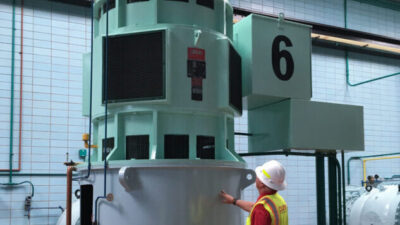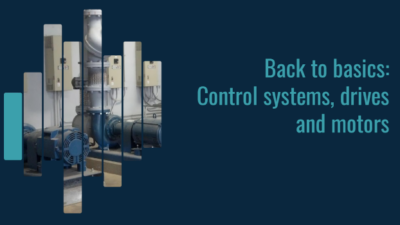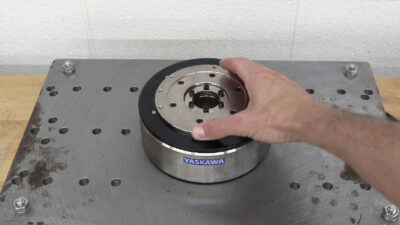Manufacturers are challenged daily to make their products on-demand for customers who seek customization. Manufacturing suppliers often watch this trend from a distance while delivering their traditional product lines in a traditional assembly process. Emerson Motor Technology joined the on-demand manufacturing world with an announcement at the AHR Expo in Dallas that it had converted its South...
Manufacturers are challenged daily to make their products on-demand for customers who seek customization. Manufacturing suppliers often watch this trend from a distance while delivering their traditional product lines in a traditional assembly process.
Emerson Motor Technology joined the on-demand manufacturing world with an announcement at the AHR Expo in Dallas that it had converted its Southaven, Miss., facility to an on-demand Lean production facility that will eventually be capable of generating any of 1,000 variations on their motors.
“The traditional model is to forecast demand, build to the forecast, place motors in the inventory and hope you meet the customer needs,” said Tim Albers, director of marketing for industrial solution motors for Emerson Motor Technology. “With the Lean system, we can expand our view of the supply chain, Kanban our materials and assemble on demand.”
This meant more than changing the assembly process in Southaven, though that was a major issue. Emerson also redesigned the product to make it match up better with the assembly process. It also meant working with Emerson’s suppliers to bring them into the Lean process. “We enabled Lean manufacturing across multiple processes and across multiple companies,” Albers said.
They also based their product redesign on the highest level of features and components, allowing customers to customize down from the top-level products. For now, their customized products are only for motors used in the cooling tower industry.
“We’ve designed a scalable process,” Albers said. “We’re going to be adding more product lines and adding more industries.”
While Emerson will focus on NEMA Premium motors in Southaven, it will continue to manufacture E-Pact motors in Monterrey, Mexico, and will continue to ship and support existing inventory in Southaven.
Another discovery, as Judi Carpenter, ventilation motor marketing manager at Emerson noted, is that working with their own suppliers on a Lean process has made the production costs competitive with any other location. “One of the things we’ve discovered is that by keeping the supply chain as short as possible you can save a lot of money,” she said. “It’s not only the lowest price of components, but the lowest cost of acquisition.”
Changing the process proved to be one challenge. Getting veteran workers at Southaven to embrace a new way of thinking about their product line was another. The cooling tower motors were no longer a commodity; they were an individual creation to individual specifications. “The biggest challenge is that we had to change the culture,” Carpenter said. “We put all the people through Lean training, we had several Six Sigma Black Belts and Green Belts on site, and all the employees have gone through Value-Stream Mapping.”
The change continues, but Carpenter said the evolution has been evident. “You can see the workers embrace the idea of building a motor themselves,” she said. “There’s a lot of pride.”



